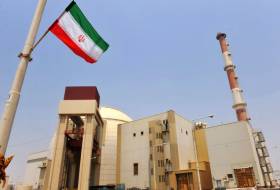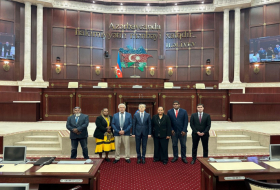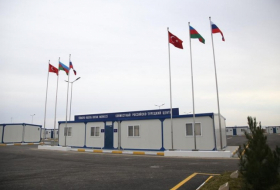Soros, who promotes liberal causes through his charities, said during a speech on Thursday at the World Economic Forum in Davos, Switzerland, that China was the wealthiest, strongest and technologically most advanced authoritarian regime in the world.
“This makes Xi Jinping the most dangerous opponent of open societies,” Soros said.
Foreign ministry spokeswoman Hua Chunying, asked about the comments, said remarks by some individuals that “invert right and wrong” were “meaningless and not worth refuting”.
“We hope the relevant American can correct his attitude, not be shortsighted, and hold an objective, rational and correct opinion of China’s development,” Hua told reporters at a regular briefing.
Xi has presided over a crackdown on dissent since coming to power in 2012, with hundreds of rights lawyers and activists detained. Dozens have been jailed.
Soros said Xi was wielding Chinese technology companies to develop artificial intelligence and a nascent social credit system that would allow China’s “one-party state to reign supreme”.
He said U.S. President Donald Trump should drop trade disputes with other countries and focus on China, while cracking down on Chinese technology firms, such as Huawei Technologies Co Ltd [HWT.UL] and ZTE Corp, which could be used to assert authoritarian control.
China has said it would create a “social credit system” by 2020 to reward or punish individuals and corporations, using technology to record various measures of financial credit, personal behavior and corporate misdeeds.
The system’s rollout has attracted international headlines, sparking comparisons to George Orwell’s novel “Nineteen Eighty-Four”, with critics saying it could massively increase the ruling Communist Party’s already strict control.
Some experts say the system remains in its early stages and could help tackle social problems like fraud or food security.
The U.S. government under Trump has pursued a strategy to counter what it sees as China’s growing threat to U.S. economic competitiveness and security.
That includes tariffs on billions of dollars worth of Chinese goods, based on U.S. findings that it is misappropriating U.S. intellectual property through forced technology transfers and other means.
A bipartisan group of U.S. lawmakers recently introduced bills that would ban the sale of U.S. chips or other components to Huawei, ZTE, or other Chinese telecommunications companies that violate U.S. sanctions or export control laws.
ZTE and Huawei are viewed with suspicion in the United States because of fears their switches and other gear could be used to spy on Americans.
China has called the legislation “hysteria” and denies U.S. accusations of trade abuses.
















































